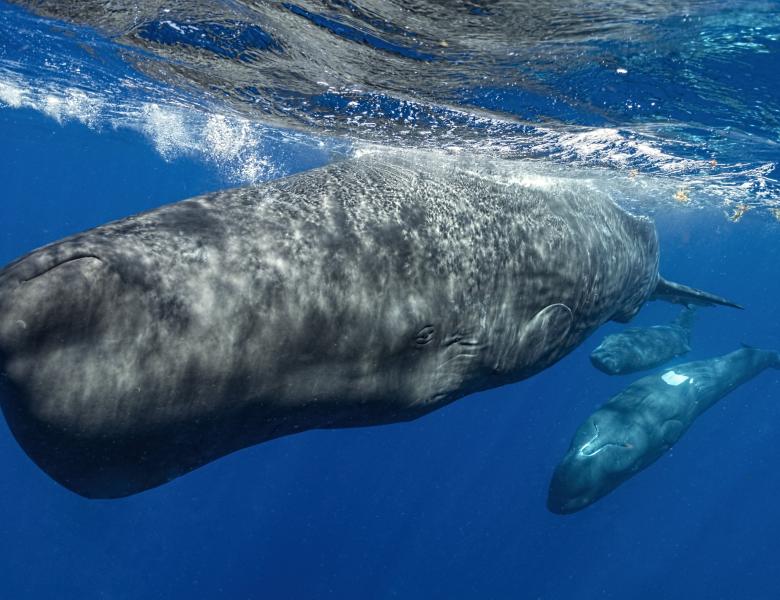
Abstract
Re-identification of individual animals using photography allows for scalable, long-term, and non-invasive population monitoring. The Wildbook open source platform supports over 2000 researchers with computer vision techniques for photo-based and collaborative population biology, movement ecology, and social structure studies. As such, it provides a novel foundation and well curated dataset for evaluating new computer vision techniques to more accurately identify individual animals in large and small catalogs of marine and terrestrial species.
Combining mark-recapture photo catalogs for 54 species, we present the results of successive experiments that ultimately created the MiewID v2 model for individual re-ID of wildlife, which is now publicly available at: https://huggingface.co/conservationxlabs/miewid-msv2. From individual lion faces to sperm whale flukes, and from dolphin fins to gray whale flanks, our experiments demonstrate how data diversity and volume directly contribute to improved re-ID accuracy for almost all species even when learning across species is from very different visual features. Ultimately moving from species-specific AI models to multi-species foundation models provides not only an opportunity to increase accuracy and broader impact while decreasing technical complexity, but it also demonstrates an opportunity to provide AI-based re-ID of individuals to data deficient and unseen species and visual presentations through zero-shot learning.


